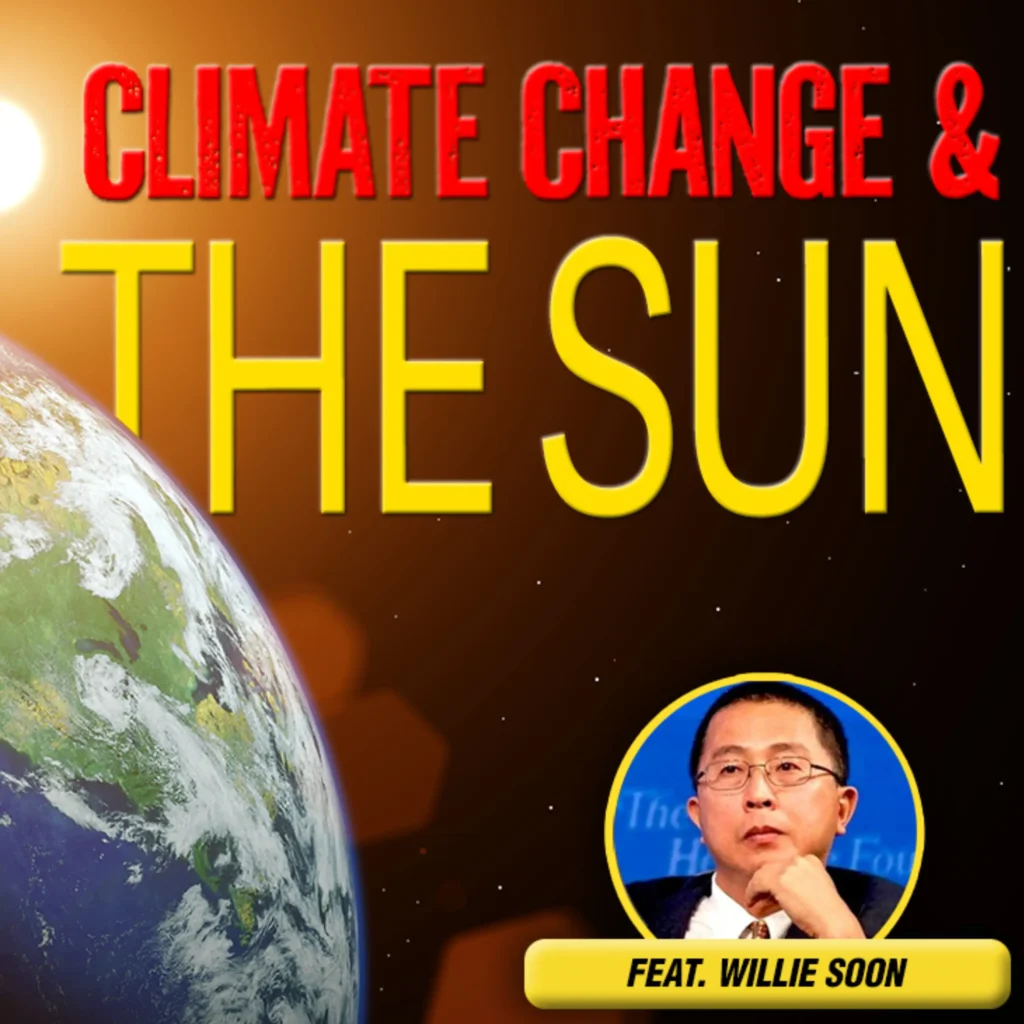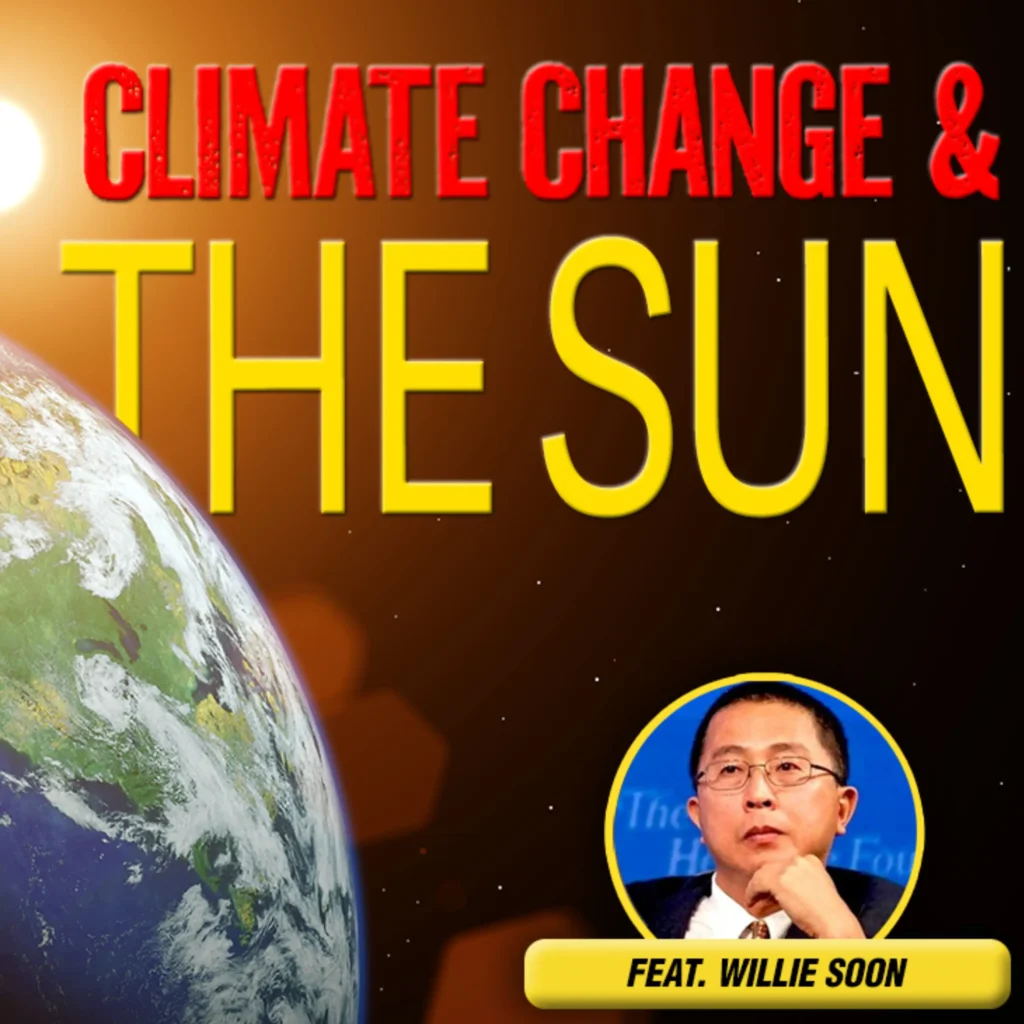The Arizona House Environment Committee has approved a bill to bar state environmental officials from participating in the Western Climate Initiative.
Former Arizona governor Janet Napolitano has been sharply criticized for ignoring legislative sentiment and unilaterally signing a 2007 executive order to join WCI, a consortium of several Western states and Canadian provinces currently drafting severe restrictions on energy use and carbon dioxide emissions.
Sending a Message
Although the legislature cannot force the state to withdraw from the consortium—the agreement is among the states’ governors—a bill to bar Arizona Department of Environmental Quality officials from participating in WCI meetings would underscore the legislature’s disapproval of the substantial economic costs projected for complying with WCI cap-and-trade restrictions.
Arizona’s new governor, Jan Brewer (R), could send gubernatorial representatives to participate in WCI meetings, but she would be doing so with clear disapproval from the state legislature.
Rep. Andy Biggs (R-Gilbert) sponsored the bill.
“If his bill can make it out of the House, I anticipate we will have the support to get it through the Senate,” said Senate Majority Whip Pamela Gorman (R-Anthem). “Our Senate Republican caucus has tried to keep these issues out of the hands of WCI in the past, but our efforts were thwarted by our past governor, who vetoed the bill. I think we will have no problem passing such a bill again. Whether our new governor, Jan Brewer, will sign it or veto it is unknown at this point.”
Governor Proceeding with Caution
Brewer has expressed concern over the cap-and-trade restrictions being put together by WCI, but she has indicated she would like to continue participating in the group’s meetings.
“The governor’s position is to work within WCI,” Brewer spokesman Paul Senseman said in a March 5 press statement. “Being a member of WCI doesn’t commit a state to doing anything.”
“Many of us are sort of scratching our heads on this one,” said Gorman. “I am told that our new governor feels it is better to have a seat at the table than to pull out. I am not sure what that means, since refusing to participate would mean we also would not be expected to honor any of their policies.”
Costly Restrictions
According to its Web site, WCI was formed to “identify, evaluate, and implement” mechanisms for lowering greenhouse gas emissions in the participating states and provinces, particularly through the creation and use of a regional cap-and-trade system much like the failed cap-and-trade program in Europe. WCI wants to force power plants to reduce emission levels or purchase credits to continue production.
The costs of complying would be passed along to the consumer, said Eric Emmert, vice president of public affairs for the Tempe Chamber of Commerce and a member of the East Valley Chambers of Commerce Alliance (EVCCA).
“A regional cap-and-trade system would have a detrimental impact on Arizona’s economy,” Emmert said. “Businesses and residents would pay between 25 and 40 percent more in power bills.”
Competitive Disadvantages
WCI’s cap-and-trade proposal would put Arizona at a competitive disadvantage in economic competition with all the states that don’t participate, EVCCA member Rick Kidder said.
“I think any time you’re placing additional burdens on the businesses in one state that you do not apply to others, that creates an unfair advantage for the other states,” said Kidder, president and chief executive officer for the Scottsdale Area Chamber of Commerce.
Kidder says it would be better for Arizona to wait for federal regulations on climate change and cap-and-trade proposals that apply to all states equally.
Future Action
Biggs’ bill passed through the House Environment Committee by a 3-2 vote on March 3 and was approved by Rules Committee members a few days later. Emmert expects the bill to make it to the full House floor for consideration before the session concludes in May or June.
“But then it still has to go through the Senate,” Emmert said.
Cheryl K. Chumley ([email protected]) is a Phillips Foundation journalism fellow.



